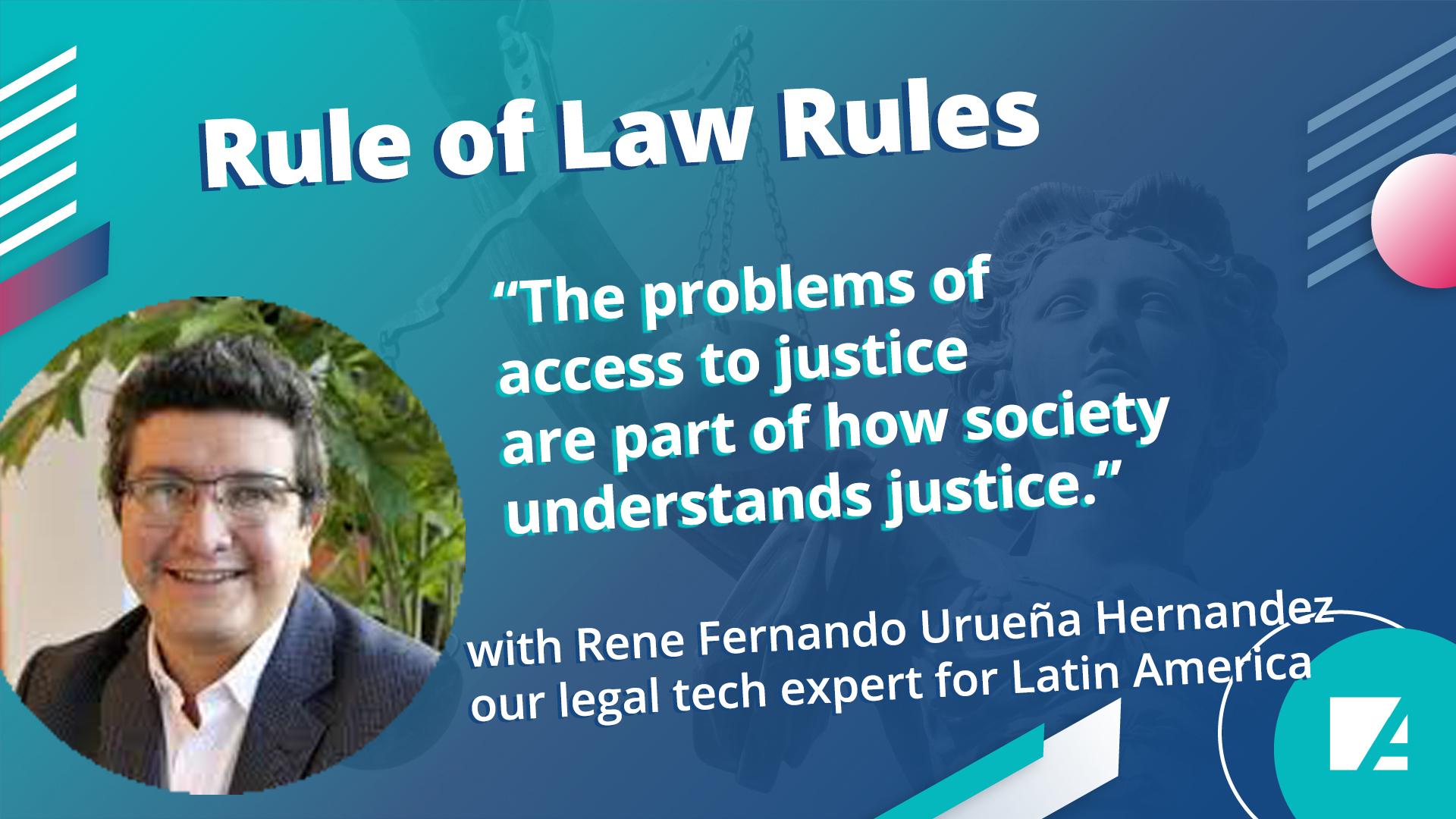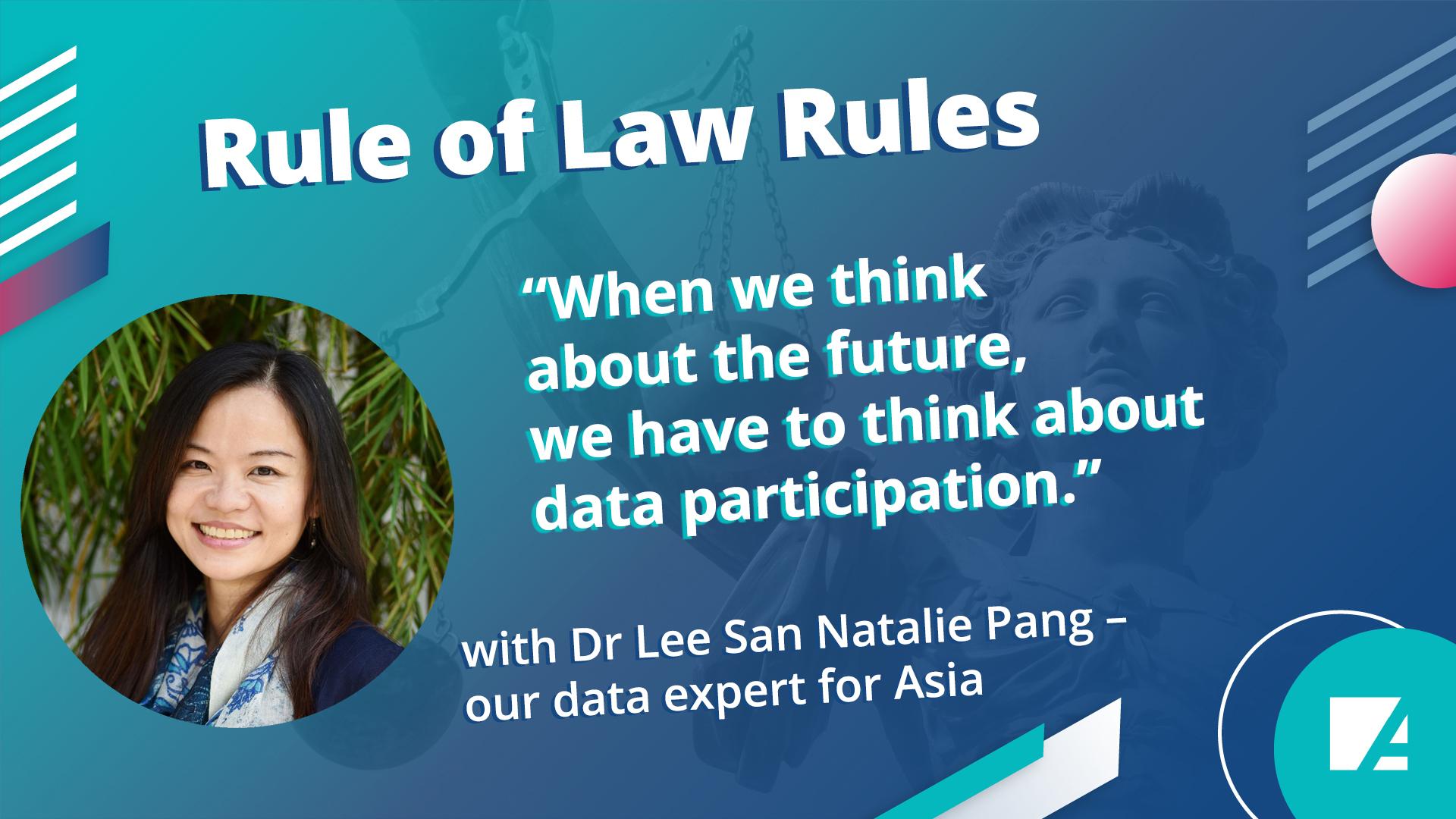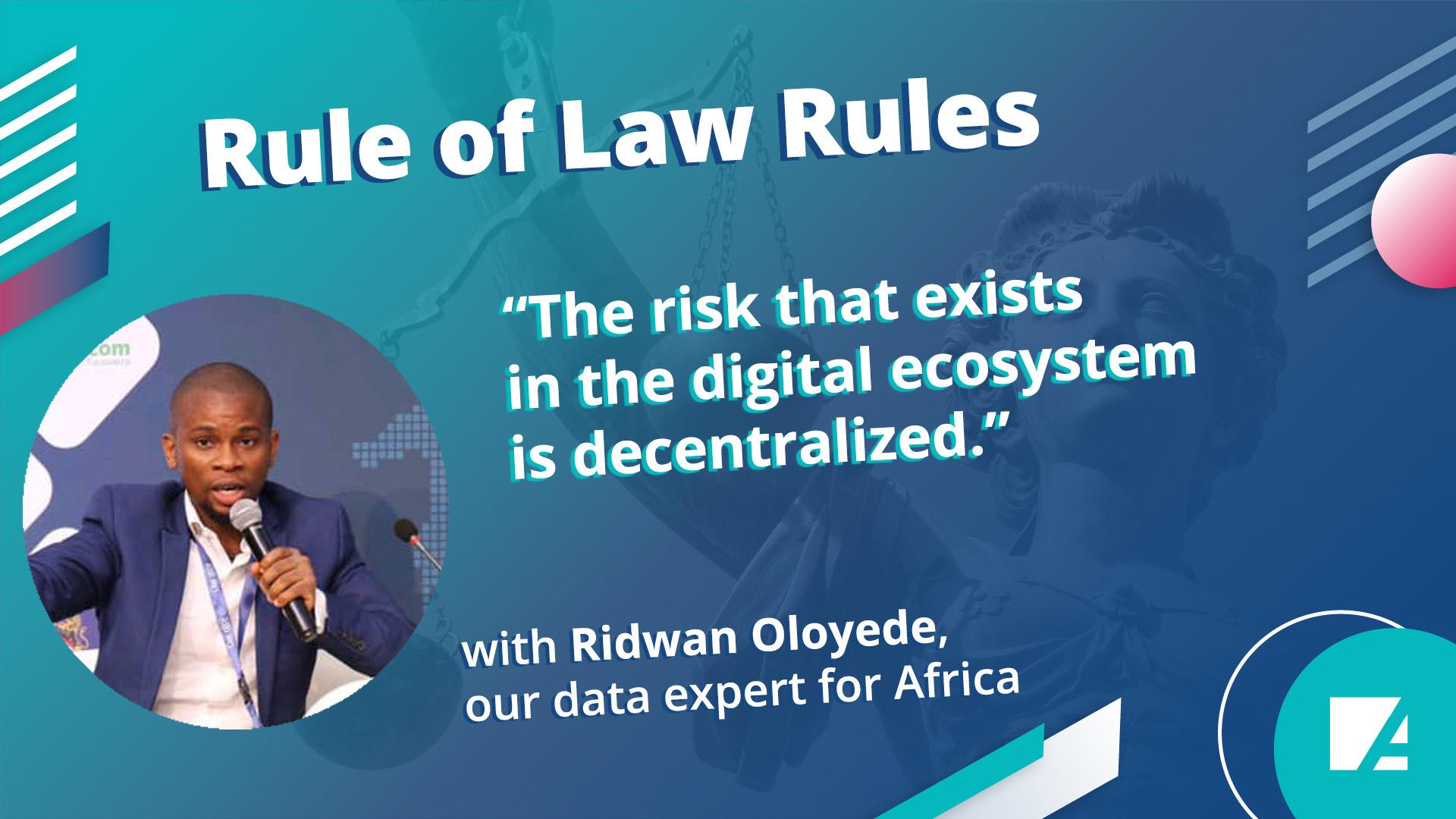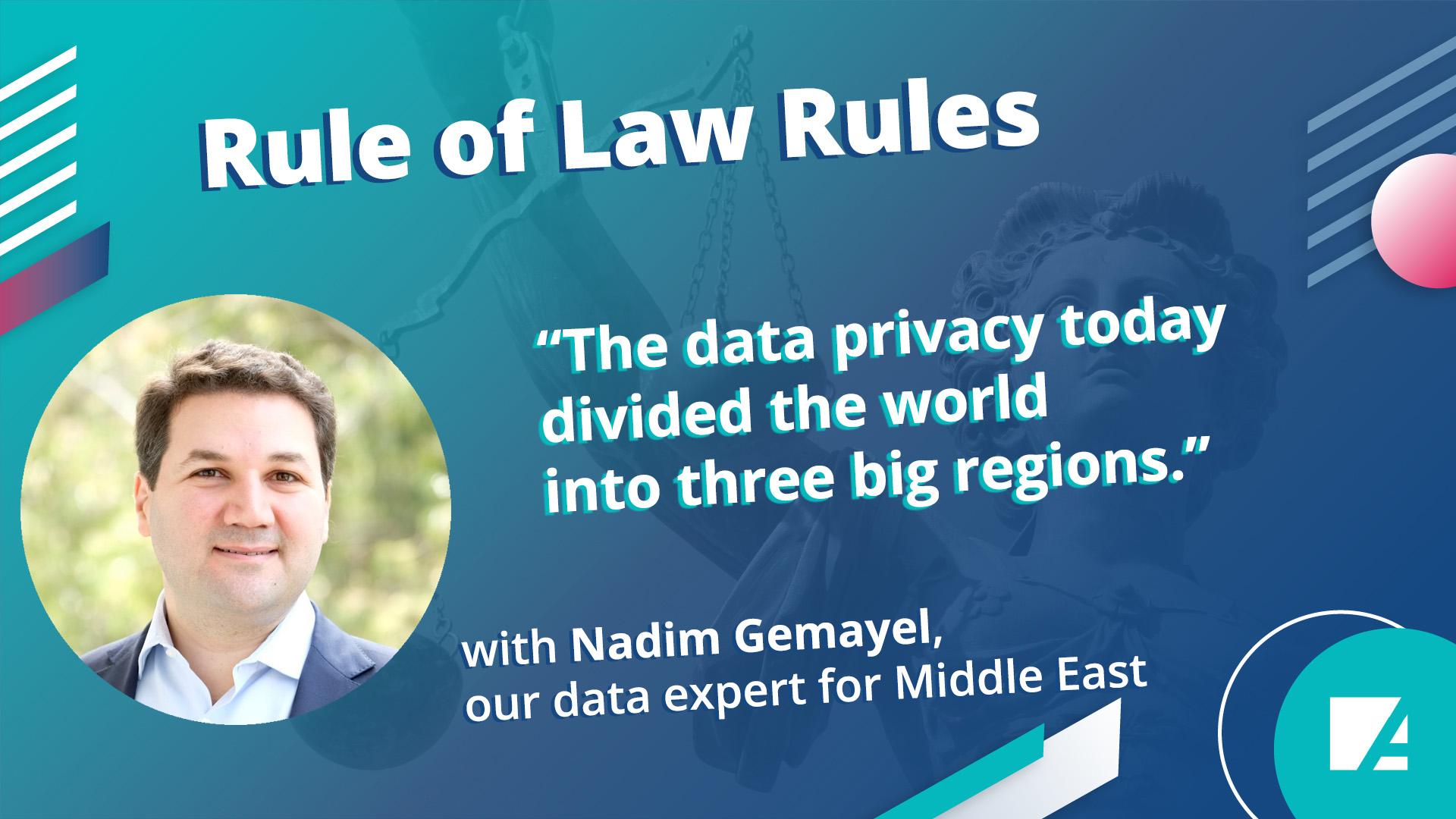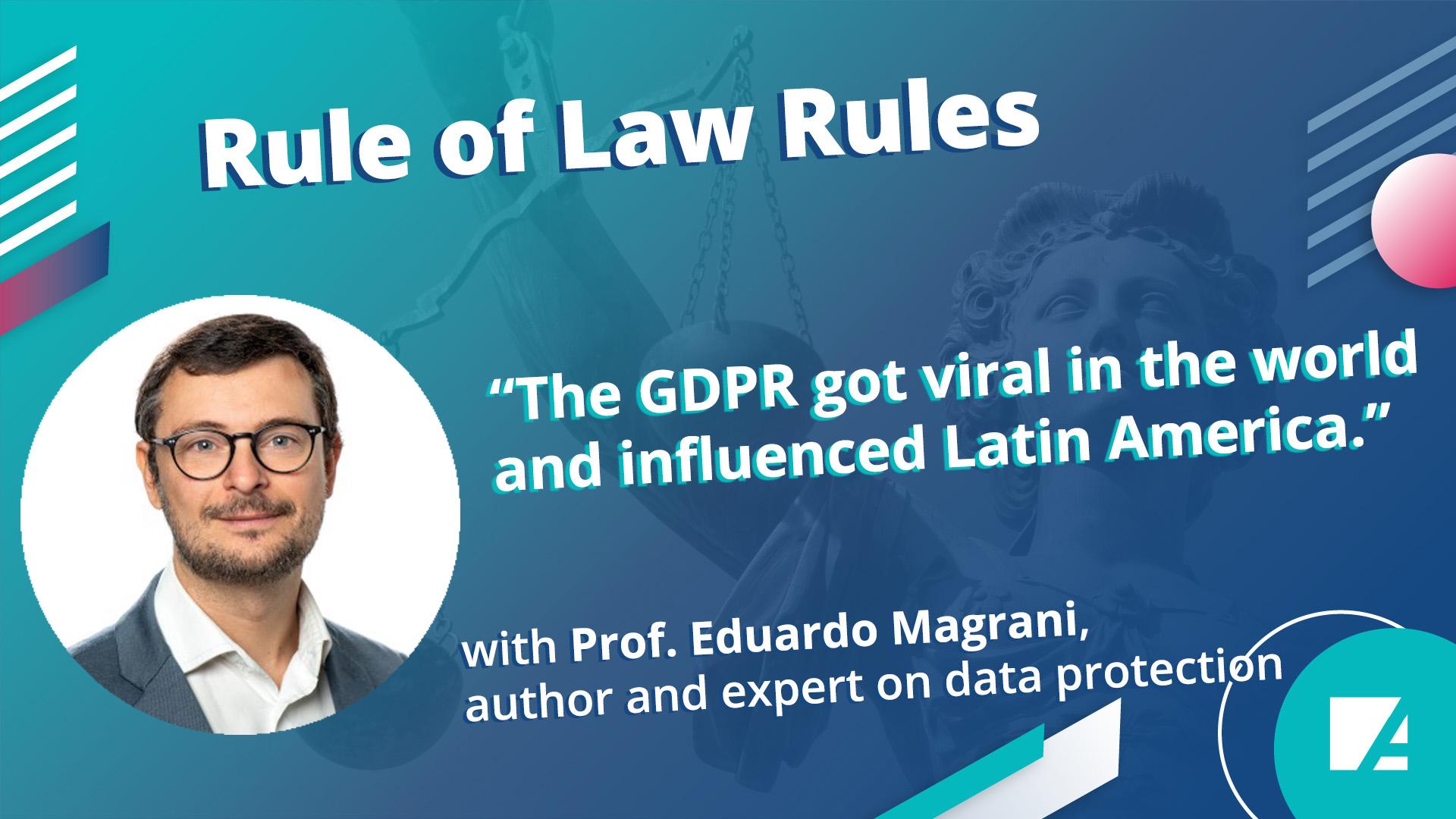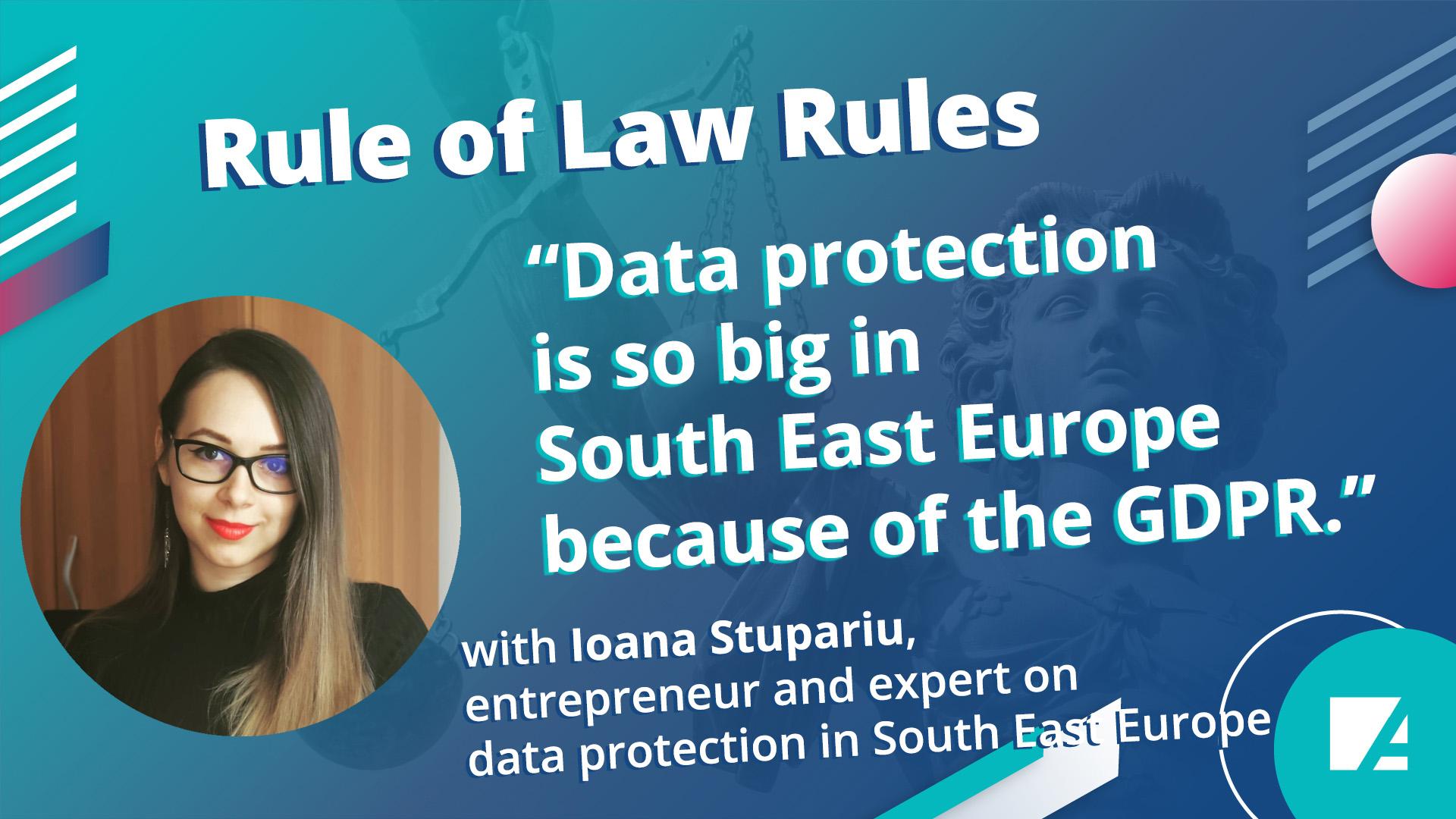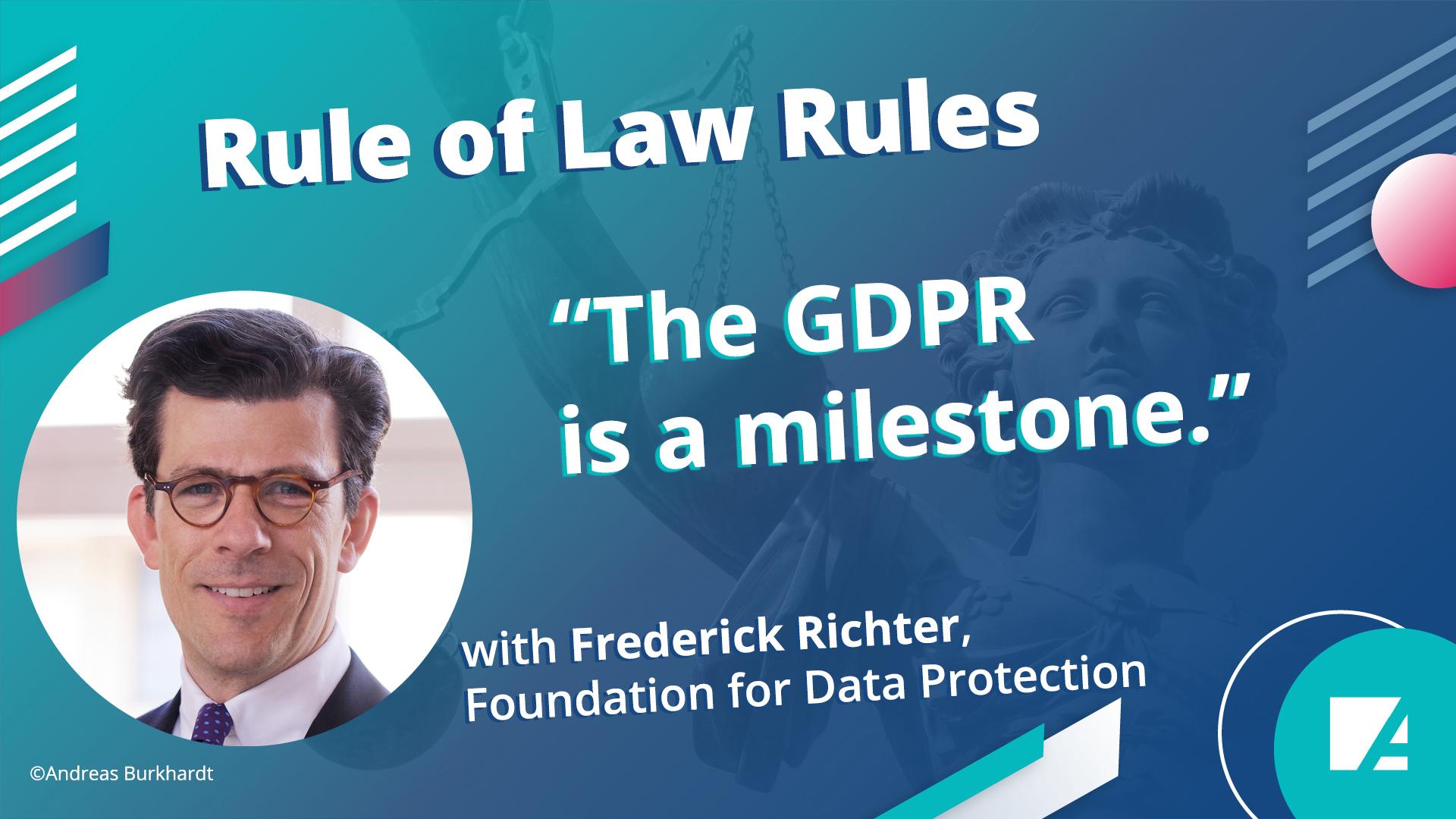The situation
In view of the polarization in Venezuela, a complex scenario can also be expected after the elections. Opposition leader Machado has succeeded for months in mobilizing citizens, especially in the federal states, and in conveying hope for an improvement in the situation. At rallies, she is greeted with exuberant emotion, which sometimes takes on religious traits. Together with González, she forms a duo that conveys both hope and the prospect of a peaceful change of government.
If Nicolás Maduro, candidate of the Socialist Unity Party PSUV (Partido Socialista Unido de Venezuela) and supporting parties, were to win the elections, some of the population would be deeply disappointed in their hopes. Reactions, especially in states with a difficult supply situation, are unpredictable. If Edmundo González were to win the elections, a situation with major challenges would arise: The president-elect will not take office until January 2025, and parliament will continue to be dominated by the current ruling coalition until the elections towards the end of 2025. In turn, parliament will appoint public institutions such as the Supreme Court, the National Electoral Council and other institutions.
Various observers are questioning the recognition of the election result and possible conflicts. The question is also being raised as to the circumstances under which the government would be prepared to allow a change. Ideas for negotiating guarantees for both sides before the elections or a pact for peaceful coexistence are increasingly being discussed. At the same time, lawsuits are pending before the Supreme Court demanding the annulment of the legal personality of the opposition alliance Mesa de la Unidad Democrática (Democratic Unity Table - MUD), under which González is officially registered as a candidate of the Democratic Unity Platform (Plataforma Unitaria Democrática, PUD), and the cancellation of the elections as long as international sanctions are not lifted. The declaration of a state of emergency is also considered possible, in which the elections could not take place. “Uncertainty” is therefore currently a frequently used term.
The full-length publication is only available in german.




